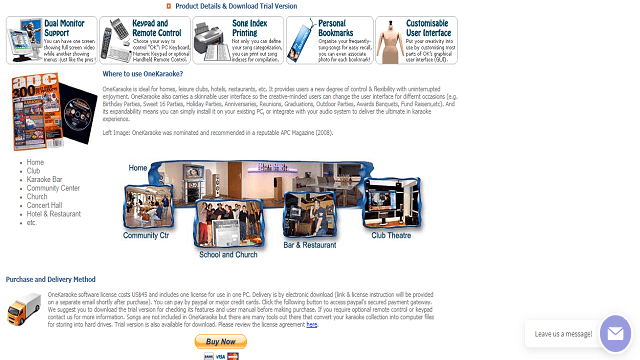

Out of these selections, I ended up going with Karaoke Mugen for two reasons: From a KJ perspective, it's the most polished, and it seems to be the most approachable. Yes, it counts as karaoke because of the singing portion, but it encompasses far more than just singing. Performous - A wild hybrid that's more like StepMania meets Rock Band.UltraStar Deluxe - A sibling project to Vocaluxe, but with a slightly different interface.Vocaluxe - An "Open Source game inspired by Sony's SingStar".The integrated database also makes it possible to lease specific tracks through those vendors. This one's notable because the project also has an Open KJSongbook project, which allows you to integrate song catalogs from the leading karaoke vendor platforms like KaraFun and Sound Choice. OpenKJ - A Qt-based app that wouldn't look out of place in a KDE setup.Karaoke Mugen - An anime-themed karaoke platform that offers a client and a server, and is built with React.offers a great guide.I haven't explored them all yet, but here's what I've managed to find: There's actually a surprising amount of libre karaoke software out there already. It turns out, it's actually really easy to make custom karaoke from scratch! Karaoke Software


Granted, it feels a bit awkward to assume that my music is so good that other people might want to sing it, but I think there's something to the idea of celebrating the amateur music made by friends in this way. It's wonderful.Īs a budding amateur musician and unabashed neckbeard, I've become increasingly curious about how karaoke songs are made, and whether it might be possible to turn some of my own music into something people could sing along to. The act of singing together with a community of friends and strangers alike can feel convivial - we get to share our love of music together in a space. Karaoke is a big deal for me - as an anxious introvert, it's helped me to break out of my shell when I moved to a new city, and gave me an excuse to sing my favorite songs in front of an audience.


 0 kommentar(er)
0 kommentar(er)
